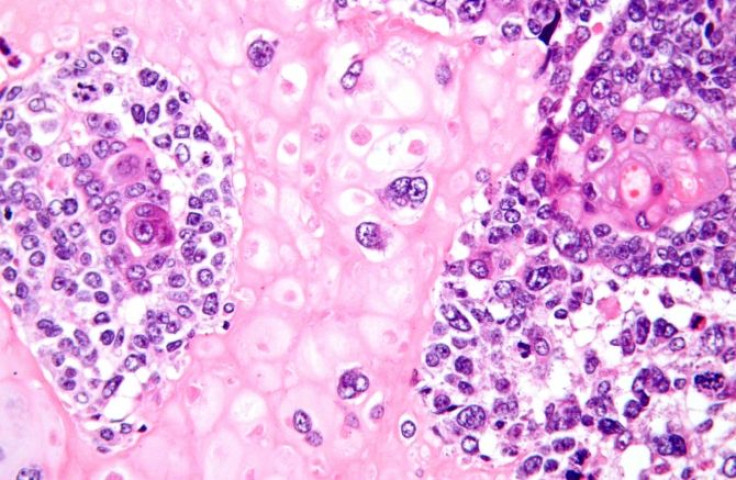Cancer Rates Increase as You Age due to Tissue Landscape not Mutations

When you look at one’s appearance from his/her teens compared to adulthood it is evident the tissue landscape has changed. That particular transformation of tissue landscape is now suggested to be the reason why cancer rates increases with age.
According to James DeGregori, PhD, lead investigator at the University of Colorado Cancer Center and professor of molecular biology at the University Of Colorado School Of Medicine, it’s not the amount of cancer-causing mutations but the change of the tissue landscape that's behind the increased risk of cancer as you age.
DeGregori indicates that by the time people hit their late teens, they have accumulated a significant amount of the mutations that they will have during their lifetime. So, if the cancer risk was due to five or six mutations, then there would be an increase in cancer rates in 20-year-olds, which is when the mutation rates are at their highest.
DeGregori goes on to explain that healthy tissues are full of oncogenic, possibly tumor forming, mutations. Thus, as we continue to grow from what he calls “one-celled, short-lived life” to “long-lived humans”, we have to develop an intricate defense mechanism to maintain the tissues and avoid diseases.
DeGregori also indicates that human cells are not better at preventing mutations, than its yeast or bacteria cousins. Hence, if avoiding mutations was the key to avoiding cancer, then everyone would excel at it due to the evolutionary advantage it would give us in avoiding cancer.
DeGregori suggest if the cancer-causing mutations were as malicious as many propose, then they would be capable in successfully hijacking the surrounding tissue. Instead of accumulating mutations until we have cancer, he states, the defense mechanism that is seen in younger adults, deteriorates with age.
Healthy cells are enhanced by the state of one’s healthy, ultimately younger tissue. Healthy cells in younger bodies will quickly defend against and beat cells with the cancer-causing mutations. On the flip side, when tissue has aged, healthy cells are no longer a good fit, and mutations may help a cancer cell adapt, the way a healthy cell can no longer defend and adapt when it was young and healthier.
The study was published in the Oncogene.



























